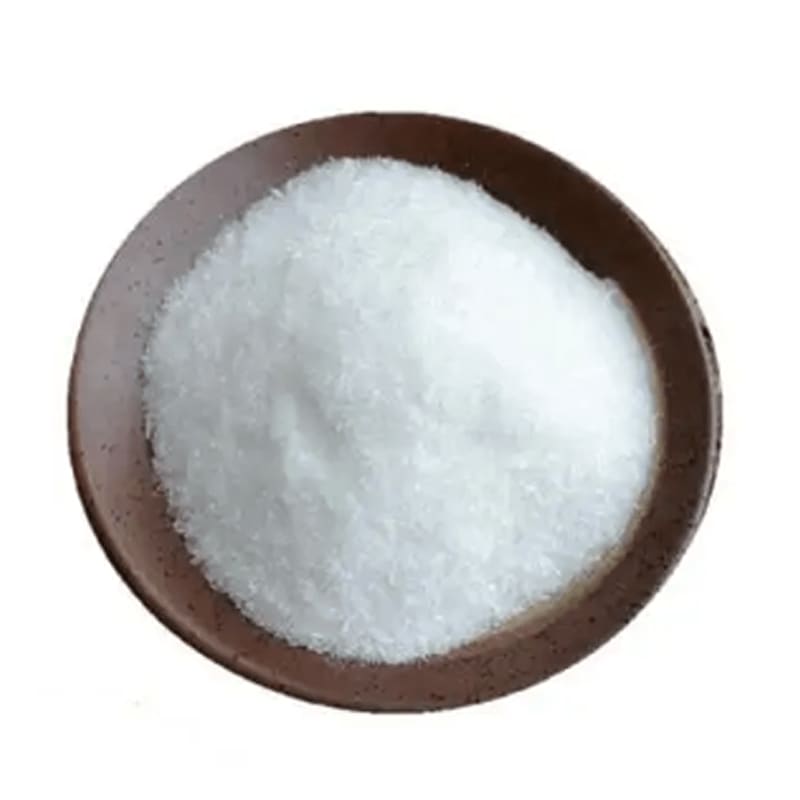
# Low-Calorie Organic Isomaltitol: A Healthy Sugar Alternative
## What Is Organic Isomaltitol?
Organic isomaltitol is a sugar alcohol derived from organic sources, primarily beet sugar. It belongs to the polyol family and has become increasingly popular as a low-calorie sweetener in health-conscious communities. Unlike regular sugar, isomaltitol provides only about half the calories while maintaining a similar sweetness profile.
## Nutritional Benefits of Organic Isomaltitol
Low Calorie Content
One of the most significant advantages of organic isomaltitol is its low calorie content. While regular sugar contains 4 calories per gram, isomaltitol provides just 2 calories per gram, making it an excellent choice for weight management.
Dental Health Advantages
Unlike sugar, organic isomaltitol doesn’t promote tooth decay. In fact, it’s considered tooth-friendly because oral bacteria can’t metabolize it effectively, reducing the risk of cavities and dental erosion.
Blood Sugar Management
Organic isomaltitol has a minimal impact on blood glucose levels, with a glycemic index of just 2 compared to sugar’s 60-65. This makes it particularly beneficial for diabetics or those monitoring their blood sugar.
## Culinary Uses of Organic Isomaltitol
Organic isomaltitol is versatile in the kitchen:
- Baking: Can replace sugar in most recipes at a 1:1 ratio
- Beverages: Dissolves well in both hot and cold drinks
- Confectionery: Maintains texture and sweetness in sugar-free candies
- Desserts: Provides bulk and sweetness without the calories
## Safety and Side Effects
Keyword: organic isomaltitol Low Calorie
While organic isomaltitol is generally recognized as safe, some people may experience digestive discomfort when consumed in large quantities. The body absorbs isomaltitol slowly in the small intestine, and excessive intake may lead to:
- Bloating
- Gas
- Loose stools
It’s recommended to gradually introduce isomaltitol into your diet to assess tolerance.
## Environmental Impact of Organic Production
Sustainable Farming Practices
Organic isomaltitol production follows strict organic farming guidelines, which means:
- No synthetic pesticides or fertilizers
- Soil conservation methods
- Reduced water pollution
Reduced Carbon Footprint
The organic production process typically has a lower environmental impact than conventional sugar production, contributing to more sustainable food systems.
## Conclusion
Organic isomaltitol offers a compelling alternative to traditional sugar, combining reduced calories with dental and blood sugar benefits. While it may cause digestive issues in sensitive individuals when consumed in excess, its overall health profile and environmental advantages make it worth considering for those seeking healthier sweetener options. As with any dietary change, moderation is key to enjoying the benefits of this innovative sugar substitute.

